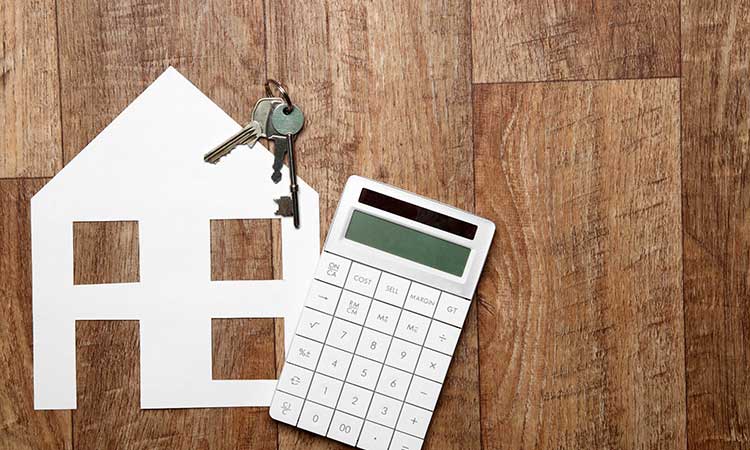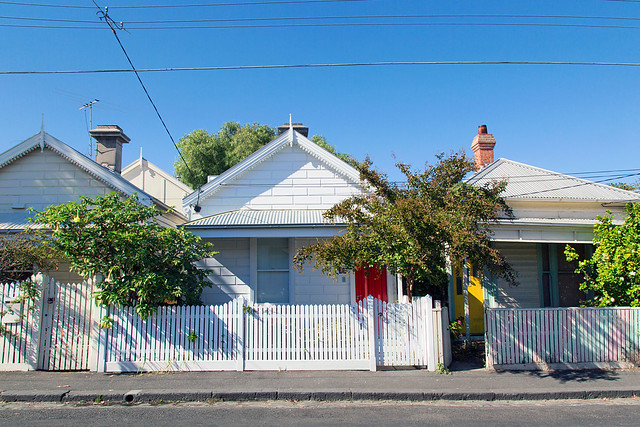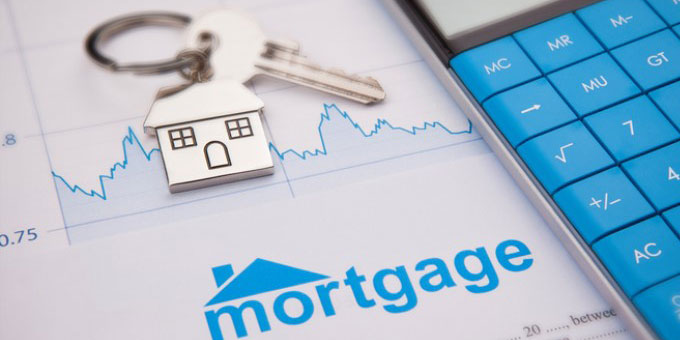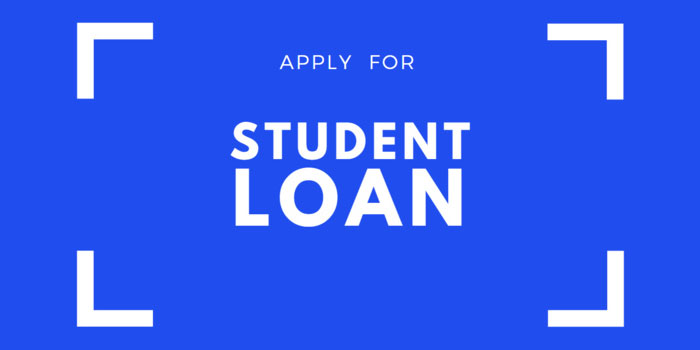You shouldn't feel obligated to spend any extra income to pay down the mortgage as long as you keep up with your regular mortgage payments; you shouldn't even feel the need to do so. Doing so provides a number of major advantages, and it could save you money in the long term.
Reduce Interest Costs
The loan sums for mortgages are often rather large, even though the interest rates on mortgage loans are typically quite low. When you take out a loan with a lengthy term, you will end up paying an unexpectedly high amount of interest, most of which will be accrued in the first few years of the loan.
Eliminate Debt
When you pay off debt, not only do you save money, but you also buy flexibility for yourself. If you have already paid off your mortgage debt, it will be much simpler to enter retirement on a fixed income or launch a company without worrying about ongoing monthly payments. Being unencumbered by financial obligations enables one to take their life in whatever direction. Take this hypothetical scenario: you acquire a 4.1% fixed-rate loan for $200,000 over 30 years. Your obligation to us each month comes to $966.40.
Instructions for Making Extra Payments
Monthly Payments
Put extra money into each monthly payment if you would rather make it a recurring routine. You may normally give your lender instructions to withdraw extra money from your account electronically, or you can send them a check instead. This strategy enables you to include extra mortgage payments into your monthly budget while slowly reducing the overall amount of your loan.
Lump-Sum Payments
You should make payments on your mortgage whenever you have large savings in cash that you may put toward it. Some homeowners choose to make an extra payment on their mortgage once a year. For example, they take the amount of their regular monthly payment and double it by 13. This results in 13 payments being made each year rather than 12. Others would rather utilize a one-time windfall of cash, such as a bonus or an inheritance, to reduce their existing financial obligations rather than squander it on frivolous purchases.
Most mortgage loans permit prepayment, which may be accomplished in various ways, including increasing your monthly payment amount, making payments in one large sum, or paying off the loan altogether. However, be sure that there won't be any complications due to your extra payment. If you want to pay off your loan early, understand the prepayment penalties and any other potential issues that might develop.
Other Ideas for Extra Cash
Paying off debt is rarely bad, but there are occasions when other solutions are preferable, and there are situations when your mortgage may not be the debt that needs to be reduced the most. The advantages of making extra payments on your mortgage are detailed above, but doing so means you cannot access that money until you sell your house.

If you need finances at some time in the future, it may not be easy to retrieve the money. In most cases, you will need to use a home equity loan, and the approval procedure for such a loan involves both enough income and credit ratings. When you are unexpectedly in need of cash, you cannot rely on the equity in your property to provide for you. Think about what you need, and then figure out how to put any extra cash to the greatest possible use.
High-Interest Debt
If you have additional debts with very high-interest rates, it could be in your best interest to pay off those loans as quickly as possible. Take, for instance, the typical interest rate attached to credit cards above 20%. If the interest rate on your mortgage is much lower than the interest rate on any other loans you have, which is often the case, you can save more money by paying off the more costly obligations first.
15-Year Mortgages
Utilizing a mortgage with a shorter term is one more approach to cutting down on interest expenses and paying off debt faster. Additional alternatives are available besides mortgages with a 30-year term, including mortgages with a 15-year term. When you take out a loan with a shorter term, you should be able to negotiate a cheaper interest rate. The end consequence is that you make payments at a reduced rate over a shorter period.
Build an Emergency Fund

Even if you have some extra cash now, can you say that your financial situation is secure? On average, a quarter of all Americans do not have sufficient liquid payments to meet an unforeseen cost of $400 in cash or other financial equivalents. If this fits your circumstances, you might consider placing whatever extra money you have into a savings account designated for use in case of an emergency.



